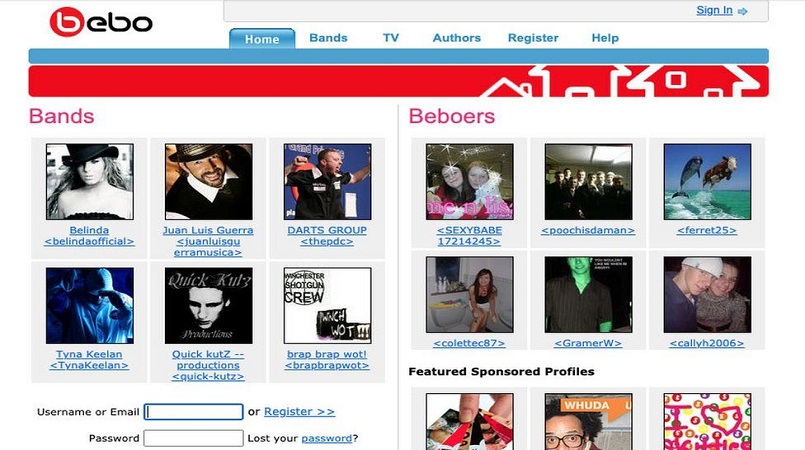
Bebo's co-founder plans to relaunch the social network with a focus on profiles and "real-time" interactions between friends rather than the news feeds at the core of Twitter and Facebook.
Michael Birch says his aim is to provide a "refreshing break" from the misinformation spread elsewhere.
In an exclusive interview, he told the BBC he was coding the effort himself.
And while he has high hopes, he acknowledges the odds are stacked against him.
Bebo - an acronym for "blog early, blog often" - was once the most popular network in the UK, as well as being big in Ireland, Australia and New Zealand. At its peak it had more than 40 million members.
In, 2008 Mr Birch and his wife Xochi sold the site to AOL for $850m (£623m).
They later bought it back for $1m and tried to revamp it in several ways, most recently as an e-sports streaming service, before finally selling the business on to Amazon's Twitch in 2019 for $25m.
However, the couple retained the rights to the brand.
And with time on his hands during the coronavirus pandemic, Mr Birch began thinking about what kind of gap there might be in the market.
"We're calling it live social networking - when you're logged into Bebo, you are aware of which other friends are online," he says, explaining his plan from his home in the British Virgin Islands.
"You can interact with them in real-time. You can comment on their photo on their profile. They'll get notified, they'll come to the photo, and they may even have a conversation under the photo.
"It's an experiment, we'll see how it how it actually does. But we think it's a more exciting way of actually connecting."
Even before he had announced plans for a relaunch, Mr Birch said Bebo's web address was attracting about one visit every three seconds despite the service being offline.
He hopes a mix of nostalgia and curiosity will attract enough early adopters to let people find friends on the regenerated site to interact with.
However, some of those familiar with the original Bebo are sceptical about its prospects.
"It's probably brave to launch a new social network in this climate when there are concerns about potential harms from misinformation spread on social media, so I hope Bebo will take its responsibilities to look after its members and their data seriously," says Kate Bevan, computing editor at Which?.
"But there's also something delightfully optimistic about this plan."
Mr Birch is not yet willing to share screenshots of the new Bebo, and for now its only online presence is a "coming soon" page advising prospective users that they will not be able to access their old accounts, and a promise that Donald Trump will be banned.
